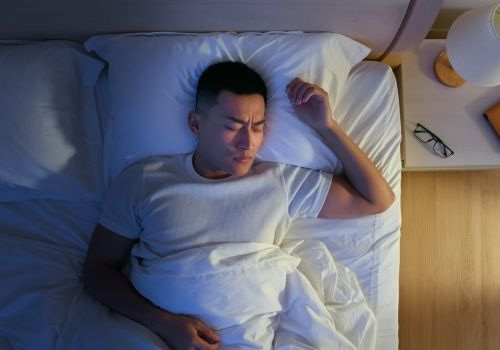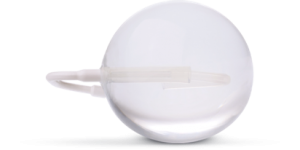If you suffer from restless nights and feelings of tiredness throughout the day, you are likely wondering how to make your room better for sleeping. Studies have consistently demonstrated that adults who receive fewer than seven hours of rest each night are at a much higher risk of developing a plethora of health conditions.
Examples include (but are not limited to) type-2 diabetes, high blood pressure, cardiovascular disease, obesity, and chronic muscle tension.
Let’s also point out that a lack of sleep can take a profound mental toll. From irritability and a lack of focus to more serious concerns such as anxiety and even clinical depression, counting those sheep has never been more important. Let us examine some of the ways in which you can create a comfortable and inviting bedroom that can help you fall asleep fast.
The Relationship Between Room Temperature and Sleep
Is it better to sleep in a cold room or does warmth represent the key to catching a bit of much-needed downtime? While individuals always have personal preferences, biologists have found that the best temperature to sleep soundly is 65º Fahrenheit (just above 18.3º Celsius). Most agree that this specific zone enables many of the metabolic processes within your body to function at peak levels; including the release of hormones such as melatonin that make you feel tired.

The Surprising Role of Humidity
How to make your room better for sleeping should also involve humidity levels. The relative humidity of your bedroom should generally fall between 40 and 60 per cent. Why is this the case? Excessive humidity is associated with a greater proportion of airborne water particles.
Unfortunately, these can often contain particulate matter that will irritate your respiratory system. On the contrary, extremely dry environments may lead to breathing issues such as a dry throat and excessive snoring.
Cut Out Those Late-Night Distractions
Now that we have addressed the role of room temperature and sleep alongside ambient humidity, it is only practical to mention the modern electronic distractions that have become a part of our daily lives.
Many of us have become accustomed to browsing the Internet, listening to music or keeping up to date with the latest social media posts while in bed. Unfortunately, this can often impact the amount of sleep that we are able to obtain. Turn off all electronic devices and if you are still unable to fall asleep, reading a book is an excellent alternative.
The Use of White Noise
Some individuals find it extremely difficult to remain relaxed within a bedroom that is completely silent. This is even more relevant for so-called “light sleepers”. In such a situation, it may be wise to invest in a small machine that produces white noise. This type of noise can help to negate the impact of disruptive sounds and the chances of suddenly awakening during the overnight hours will be significantly reduced.
Let There be (no) Light
Light is yet another concern when designing a sleep-inducing bedroom. Some of us will inadvertently allow devices such as televisions and laptops to remain on during the overnight hours. These sources of light interfere with the natural circadian rhythms of the body; essentially causing it to feel as if the sun has already risen.
This can ultimately result in broken sleep patterns. It is best to maintain a completely dark bedroom. If a window happens to be facing a motorway or a similar source of artificial light, it is always possible to purchase “blackout” blinds that can provide an effective barrier.

One Piece of a Potentially Larger Puzzle
We can now clearly see that the state of your bedroom will have an undeniable effect upon both quality and quantity of sleep. Still, what if the changes outlined above fail to provide results? It might be possible to examine other lifestyle habits that could require a bit of modification. Here are some additional tips:
- Avoid eating before bed.
- Cut back on your consumption of caffeine and sugary foods.
- If you are a heavy snorer, speak with a doctor in order to determining if you might be suffering from obstructive sleep apnoea (OSA).
Obesity could represent another factor and many individuals have chosen to reduce their caloric intake throughout the day with the adjustable gastric balloon solely offered by the team at Spatz3. Of course, be sure to consult with a professional to determine if body weight may be playing a role.
Appreciating how to make your room better for sleeping is one of the best ways to enjoy your waking hours, so don’t hesitate to refer back to this article.


